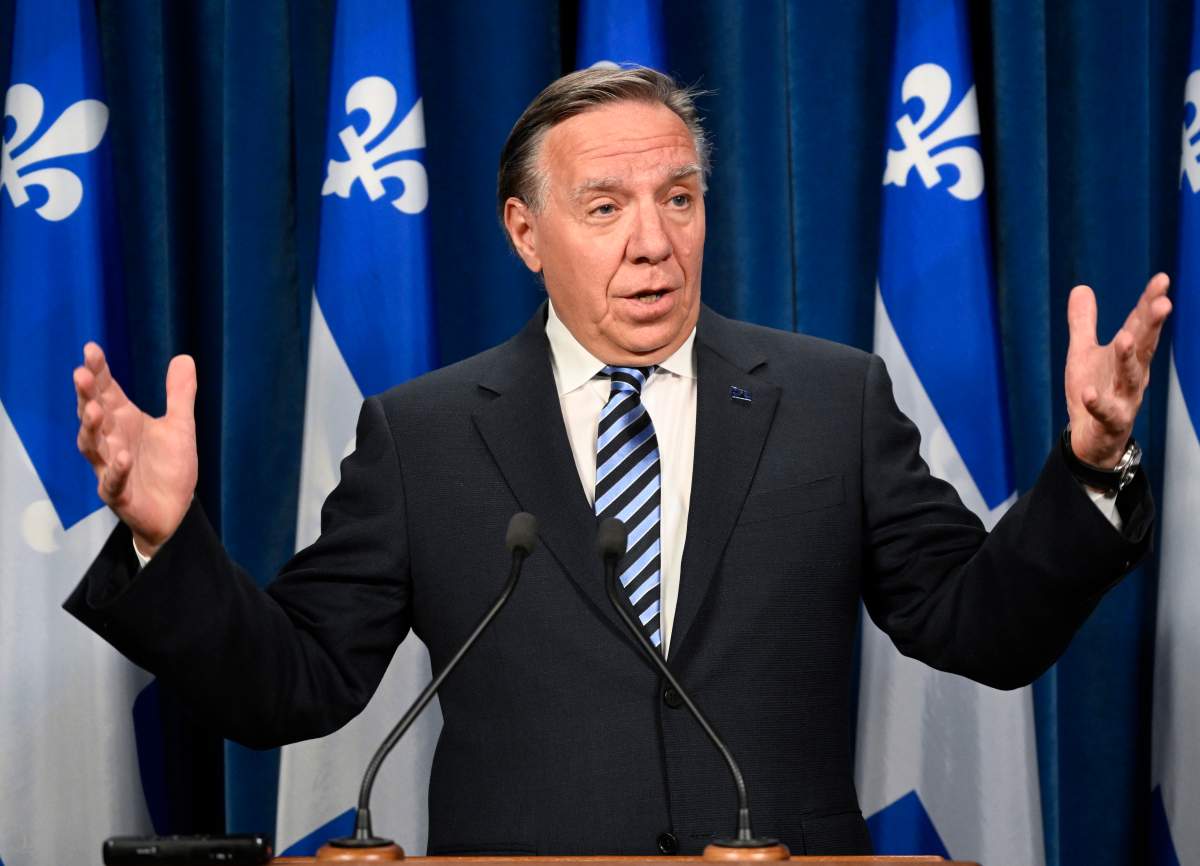Canada’s minister of innovation, science and industry is inviting the Quebec government to reflect on its messaging to out-of-province students after it announced it would be doubling their tuition fees.

Like many others, François-Philippe Champagne worries about what kind of impact the change will have down the road in terms of Quebec’s ability to attract talent to ensure innovation and continued growth.
“My focus as the industry minister is always how do you make sure that you keep attracting that talent, that we don’t send, in my view, a signal that would discourage talent to seek to come to some of the best universities we have in Canada, be it McGill, Concordia … or Bishop’s,” Champagne said when asked by reporters about the new measures on Tuesday.
Starting in fall 2024, new students from outside Quebec will be required to pay around $17,000 instead of the current $8,992.
As for international students, universities will be allowed to decide how much to charge for tuition but will be required to pay the government $20,000 for each one they recruit. That money will then be redirected to French universities.
Quebec’s minister for higher education, Pascale Déry, explained on Friday that the new rate better reflects what it costs to educate a university student, adding that most international and out-of-province students leave Quebec after graduating.
The impact of the measures is expected to hit Quebec’s three English universities hardest as they have far more international and out-of-province students compared with the French institutions.

At Montreal’s McGill University, half the students are from Quebec, 30 per cent are international students, and the remaining 20 per cent of from the rest of Canada.
“This diversity of origin and perspectives is part of McGill’s unique character – its DNA. We must protect this richness of community,” principal and vice-chancellor Deep Saini said in a letter to the McGill community on Monday.

Get breaking National news
Saini went on to express concern over how the measures could affect the university’s ability to attract prospective students and retain skilled people.
“Although McGill distinguished itself again last week as Canada’s top Medical Doctoral university, a near-doubling of tuition will make many think twice about their academic choices in fall 2024 and beyond,” he said.
“We are concerned that, in the government’s announcement, prospective students from outside Quebec may hear the message that they are not welcome.”
Champagne agreed.
“I think there is a reflection that needs to be done in terms of what signal it sends, you know, because the further you go, these signals could be interpreted in different ways.”
Meanwhile, Quebec Premier François Legault brushed aside those concerns.
“I cannot accept that the future of three universities depend on the number of students coming from outside,” he told reporters in Quebec City on Tuesday.

He defended the move, saying the influx of English-speaking students is a danger to the survival of the French language and reiterating Déry’s argument that taxpayers shouldn’t have to subsidize out-of-province students.
“I am committed to stop the decline of French in Quebec,” Legault said. “In increasing the tuition fees for the rest of Canada for the people studying in Quebec it will be another move to reduce the number of anglophone students.”
He insisted, however, that the measure was not “against anglophones but to protect the French language.”
Champagne said it is ultimately up to the province to decide whether it will move ahead with its planned tuition hike.
— with files from The Canadian Press








Comments